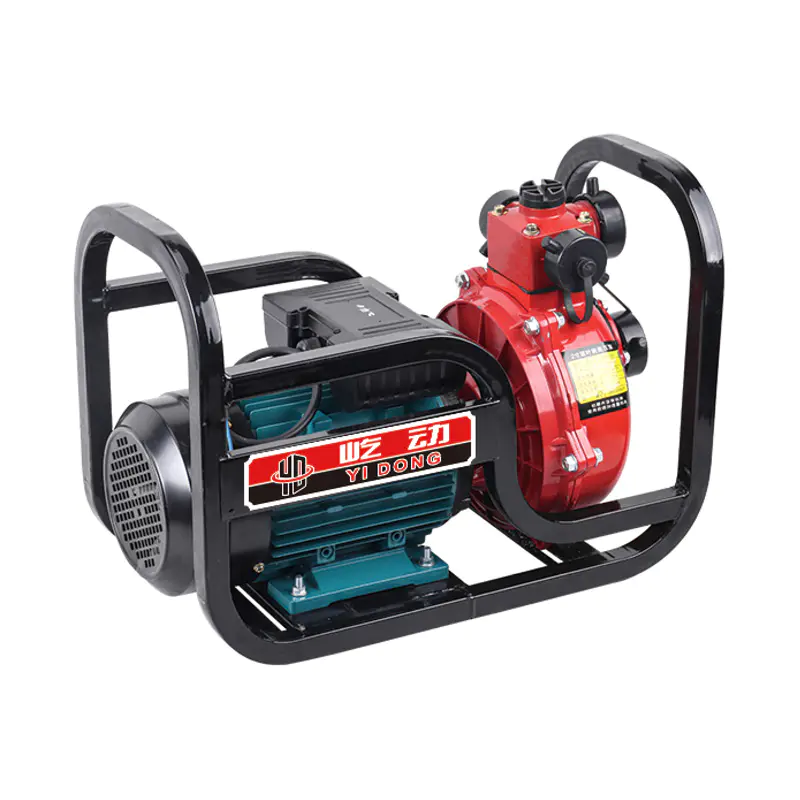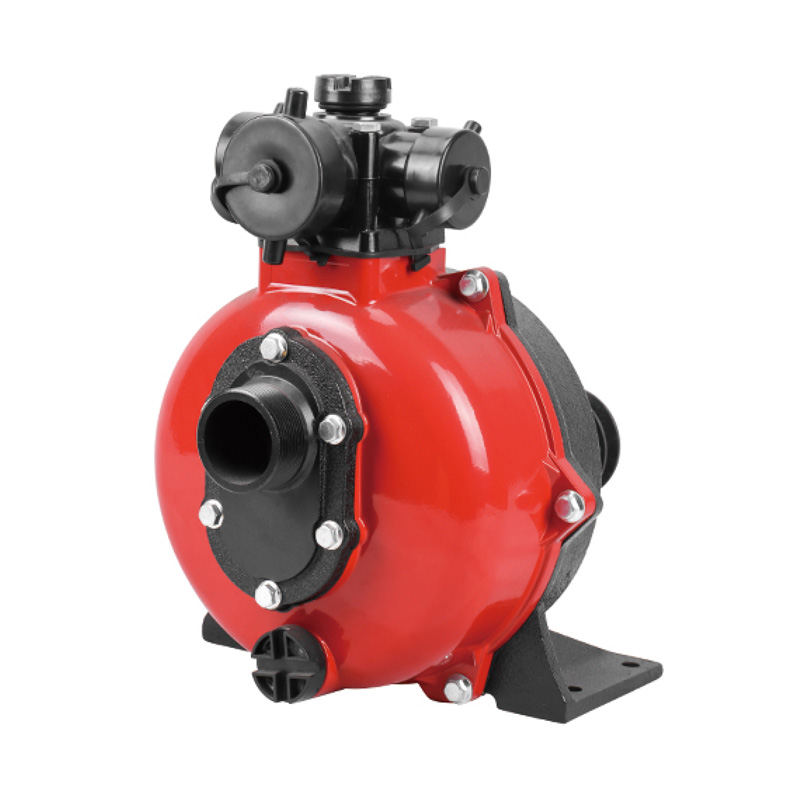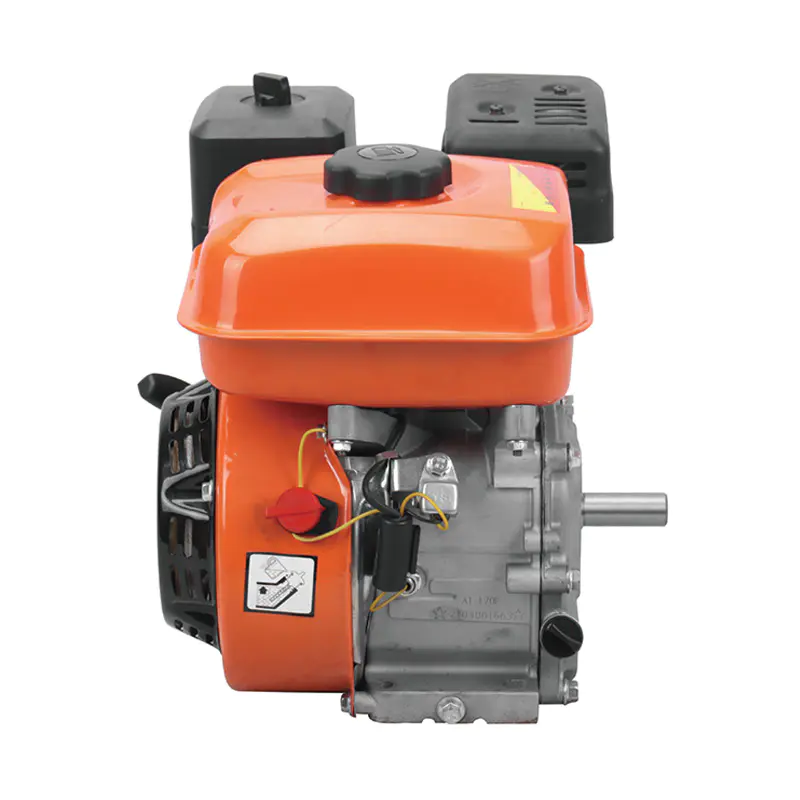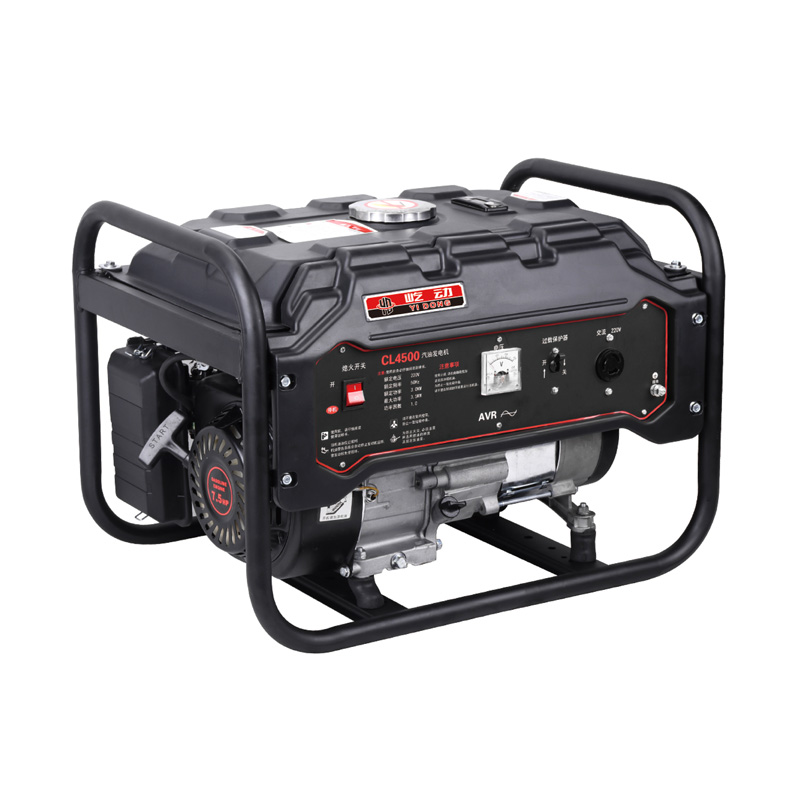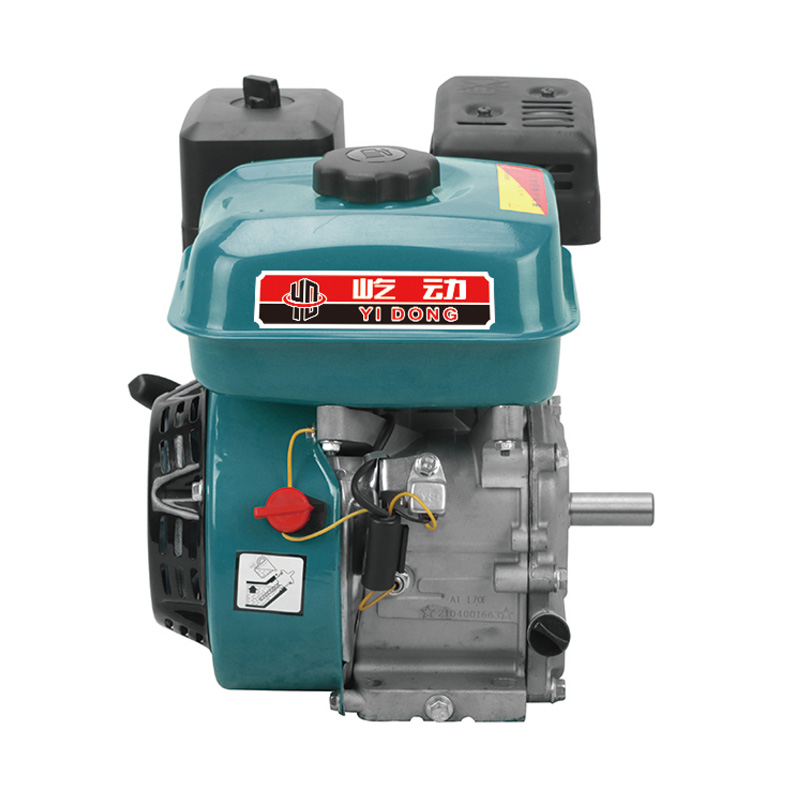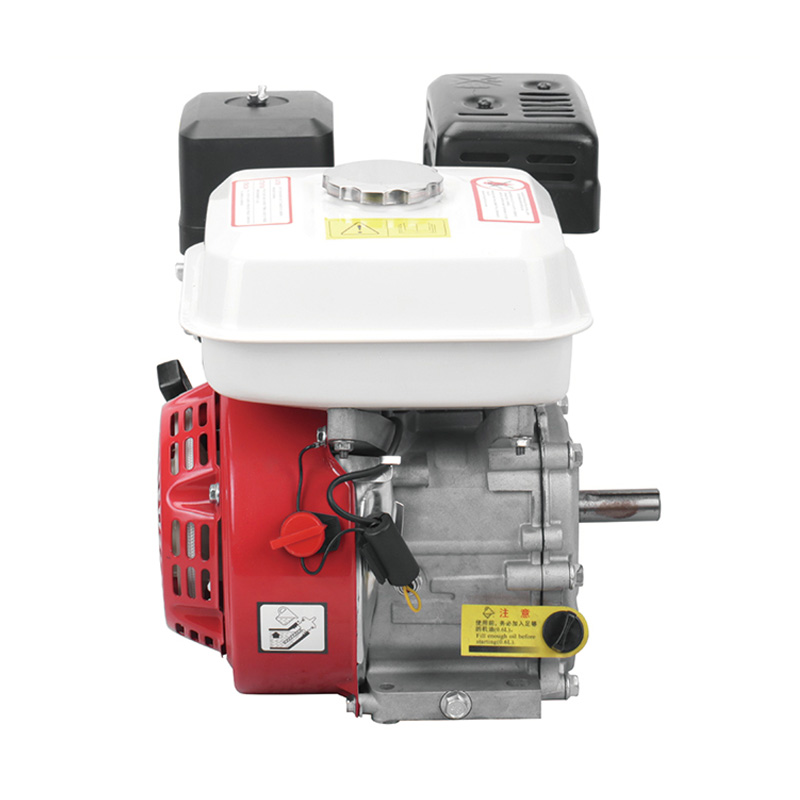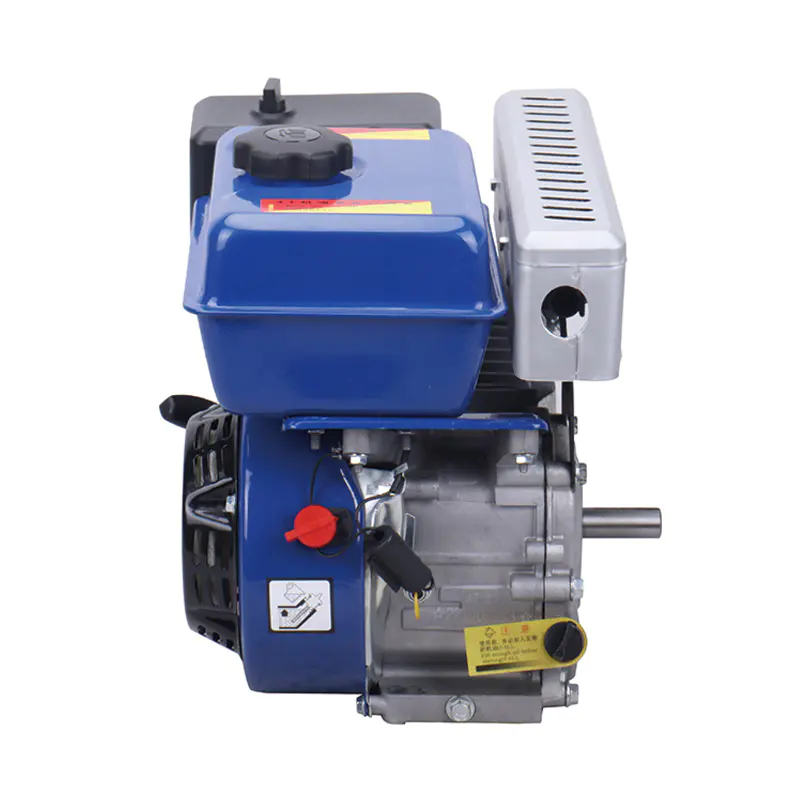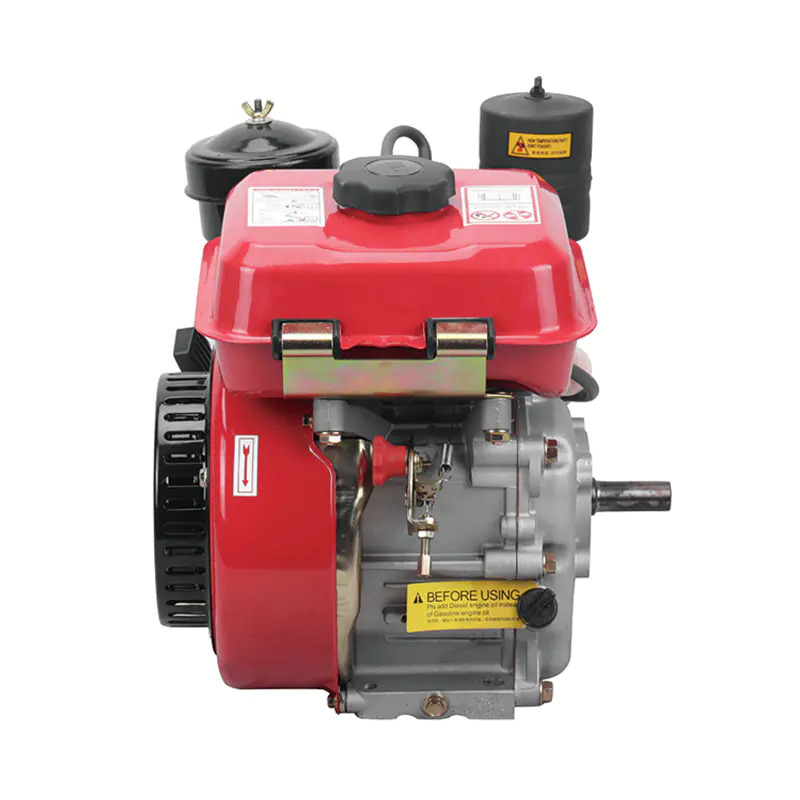Part 1: Key Factors Affecting Pump Pricing
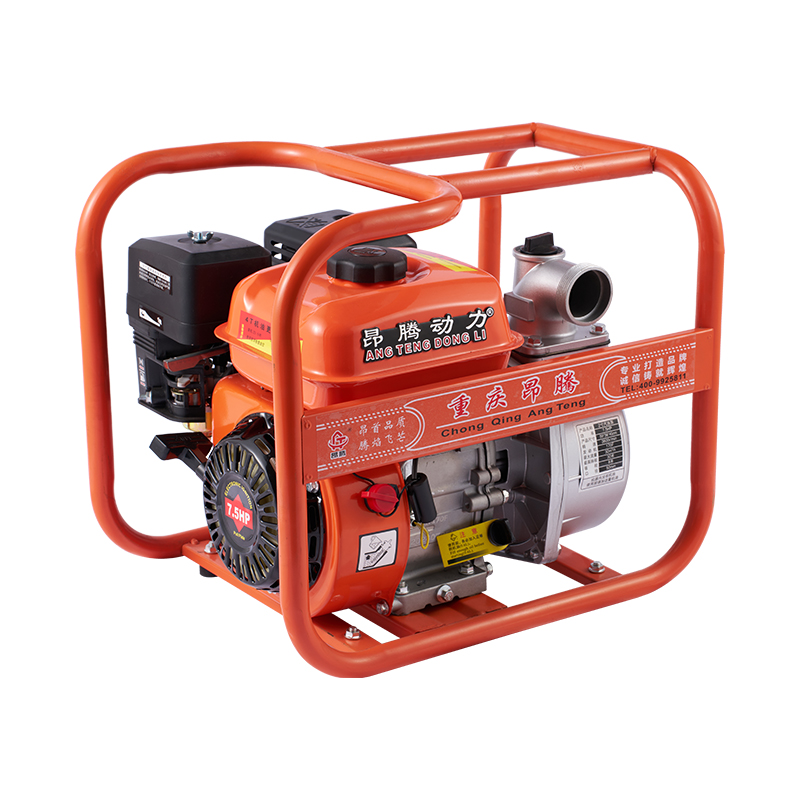
Deep well diesel centrifugal water pumps are widely used in agriculture, municipal water supply, and industrial applications. They are valued for their reliability, high efficiency, and ability to operate in remote areas without access to electricity. Understanding the factors that influence their price can help buyers make informed decisions while ensuring long-term value.
1. Pump Capacity and Flow Rate
One of the primary factors affecting the cost of a deep well diesel pump is its capacity, often measured in liters per second or gallons per minute. Pumps with higher flow rates require larger impellers and stronger components, which can increase manufacturing costs. Similarly, the pump’s head, or the vertical distance it can lift water, also affects pricing. Pumps designed for high-head applications often include multi-stage impellers and reinforced casings, contributing to higher costs.
2. Material Selection
The materials used in constructing the pump significantly influence its price. High-quality materials such as stainless steel, cast iron, or specialized alloys provide durability, corrosion resistance, and longer service life. Pumps intended for handling abrasive or chemically treated water may require enhanced wear-resistant materials, which can raise the overall cost. Choosing the appropriate material ensures both performance and longevity, making it a worthwhile investment.
3. Diesel Engine Specifications
The diesel engine that powers the pump is another key price factor. Engines with higher horsepower or advanced fuel efficiency features tend to cost more. Additionally, engine brand, model, and compliance with emission standards influence pricing. Efficient engines may have a higher upfront cost but can reduce fuel consumption and operational expenses over time.
4. Design Features and Accessories
Additional features such as portable frames, automatic priming systems, or built-in safety mechanisms also impact the price. Pumps equipped with pressure gauges, flow meters, or vibration monitoring systems may cost more due to added functionality. These features enhance operational convenience, improve monitoring, and reduce maintenance effort, making them valuable considerations for buyers.
Part 2: Market and Operational Considerations
1. Manufacturing Quality and Brand Reputation
The brand and reputation of the manufacturer can affect pricing. Established brands with a history of reliability and quality control often charge more due to their proven performance and support services. Buyers benefit from greater confidence in long-term operation, readily available spare parts, and access to technical support.
2. Geographic and Logistics Factors
The location of the supplier and shipping requirements also influence the cost. Deep well pumps are relatively heavy and may require specialized transportation. Import duties, taxes, and local regulations can further impact the final price. Buyers should consider not only the pump cost but also transportation and installation expenses.
3. Maintenance and Operating Costs
While the purchase price is an important consideration, long-term operating and maintenance costs also contribute to the overall value. Pumps with higher efficiency engines and wear-resistant materials may have higher initial costs but require fewer repairs, consume less fuel, and maintain consistent performance. Evaluating total cost of ownership ensures the pump remains cost-effective throughout its service life.
4. Customization and Application Needs
Deep well diesel centrifugal pumps can be tailored to specific applications, such as irrigation, municipal water supply, or industrial fluid transfer. Customization, including pump size, engine power, and material choice, can influence price. Selecting a pump aligned with operational requirements ensures performance and reduces the risk of overinvestment or underperformance.
5. Market Demand and Economic Factors
Global demand for diesel pumps, fluctuations in raw material costs, and economic conditions can also affect pricing. High demand periods or rising material prices may result in higher costs. Staying informed about market trends allows buyers to plan purchases strategically and take advantage of competitive pricing opportunities.



 English
English русский
русский Français
Français Español
Español عربى
عربى